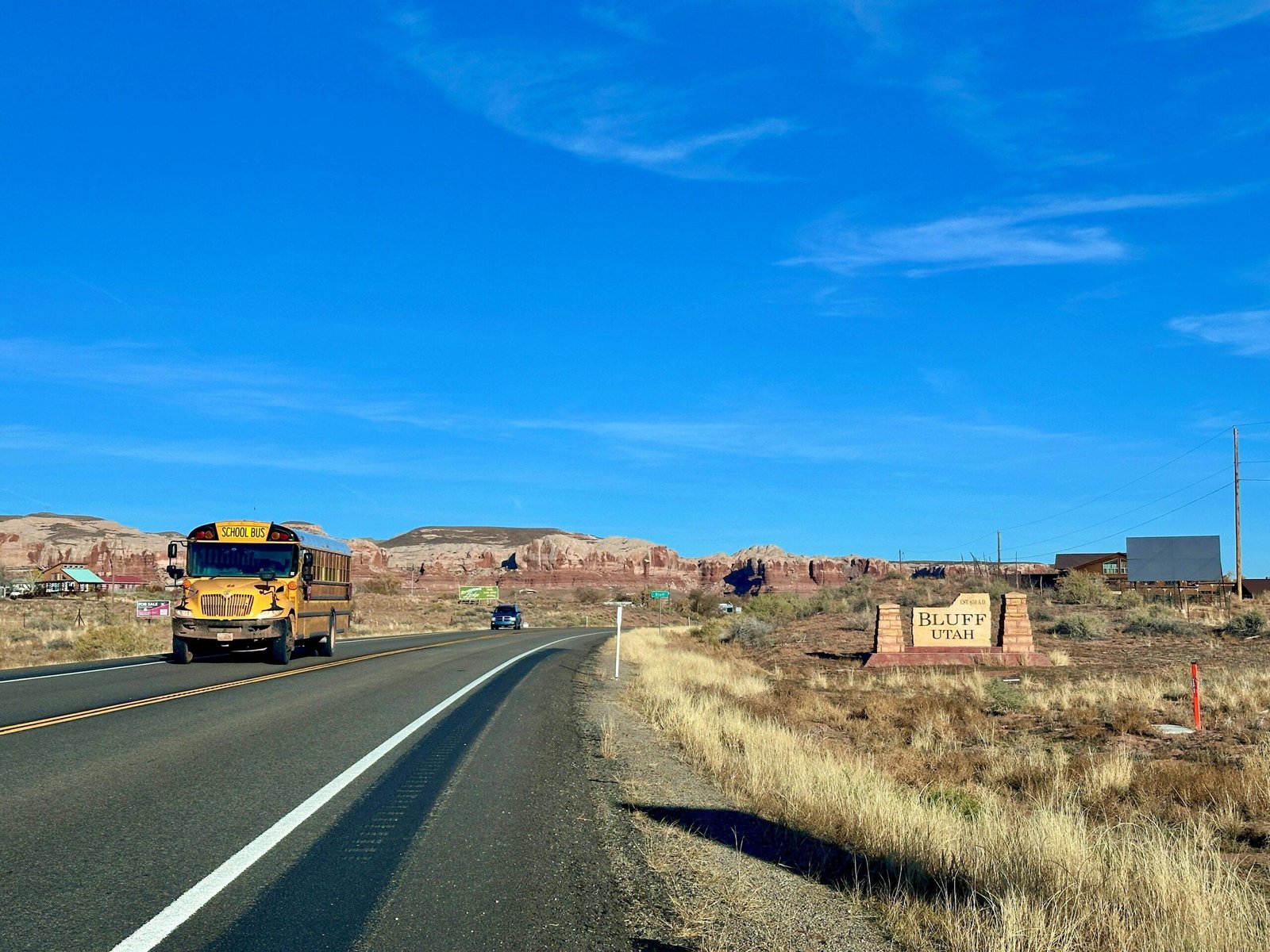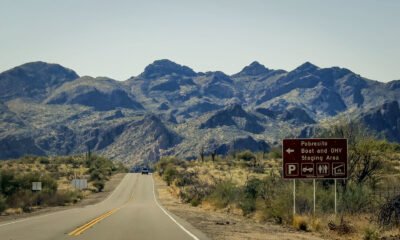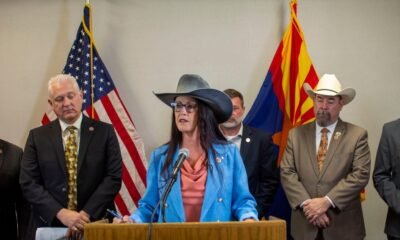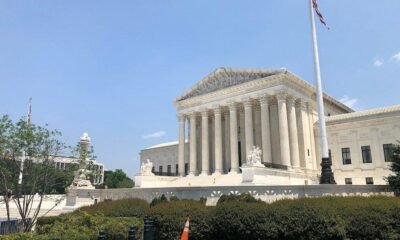Business
Tribal Town Stands Up Against Expanding Uranium Mill: “They Don’t Care About Us”

Anferny Cly, a resident of White Mesa, Utah, reflects on his childhood memories of watching semitrucks pass by, filled with innocent imaginings of toys and fun items. His perspective has since shifted dramatically. “Now, I sit out here and watch those trucks, and in the back of my mind, I’m wondering what they’re hauling,” he admitted, noting the proximity of his home to the only fully operational uranium mill in the U.S.
The White Mesa Uranium Mill sits five miles away on the ancestral lands of the Ute Mountain Ute Tribe. Cly expressed his concerns about the traffic on State Route 191, which becomes increasingly worrisome due to the trucks he believes may be transporting hazardous materials. With much of the community’s daily life centered around this busy thoroughfare, questions loom regarding safety and the contents of these trucks.
“It’s scary,” Cly said, acknowledging the community’s existing struggles with living close to the uranium mill. Recently, a mining company based in Arizona announced plans to transport uranium ore through White Mesa to the mill, intensifying local anxiety. With an average of ten trucks making the daily trip, the potential risks associated with uranium transport raise numerous alarms.
Energy Fuels, which operates the Pinyon Plain Mine, has begun mining uranium ore for the first time since the site opened in the late 1980s. The mine extracted its initial batch in January 2024, and shipments of ore began arriving at the White Mesa Mill later that year. The milling process involves crushing and chemically treating the ore to extract uranium, producing what is referred to as yellowcake, a precursor to nuclear fuel.
Concerns from the Ute Mountain Ute Tribe have been vocal in public forums, focusing on fears of contamination that could render significant portions of their ancestral lands uninhabitable. The tribe’s worries are magnified by the transportation of uranium ore from the Pinyon Plain Mine, with large vehicles not always clearly marked, complicating the community’s ability to identify possible dangers.
Moreover, trucks hauling waste from various sites across the United States, including international locations like Japan, add to the unease. Cly’s observations of these vehicles often leave him with unsettling feelings, particularly given the route that school buses take, exposing children to potential risks as they travel through the area.
Yolanda Badback, Cly’s mother, echoed his sentiments, raising questions about emergency protocols in the event of a spill. After inquiring with state officials, she reported feeling unsatisfied with their level of preparedness, as the nearest notifications would go to communities further away from the site of potential incidents. “We’re the closest,” she noted, frustrated by the lack of concern for their community.
The Cly family’s wariness of uranium mining isn’t new. For generations, they have been advocates against the mill’s operations, instilled by ancestral values and a desire to protect their heritage. Cly, now 25, has taken on the mantle of activism, supported by his mother and grandmother’s longstanding opposition to the mill’s presence in White Mesa.
Education and advocacy efforts include spiritual walks and rallies to inform the community about the risks associated with uranium transport. They recently organized events to raise awareness, emphasizing their commitment to fighting for the closure and cleanup of the White Mesa Mill, which they believe poses a direct threat to future generations.
Badback highlighted past diminishing resources in their sacred lands due to the mill’s operations, pointing to the loss of traditional herbs important for community health. The families drawing water from the Navajo aquifer remain at risk, as they are dependent on downstream flows from the mill.
Energy Fuels defends its practices, asserting that air and groundwater monitors installed around the site demonstrate compliance with safety standards and that concerns over contamination may be unfounded. “There is no evidence that points to the Mill causing any adverse health or environmental impacts,” the company stated, asserting its commitment to high operational standards.
However, the residents of White Mesa feel unheard. Badback called for direct communication from Energy Fuels regarding the transportation of uranium ore, reflecting a broader frustration within the community. “They don’t care about us Indigenous people,” she lamented, continuing the call for action to protect their land and livelihoods.


















